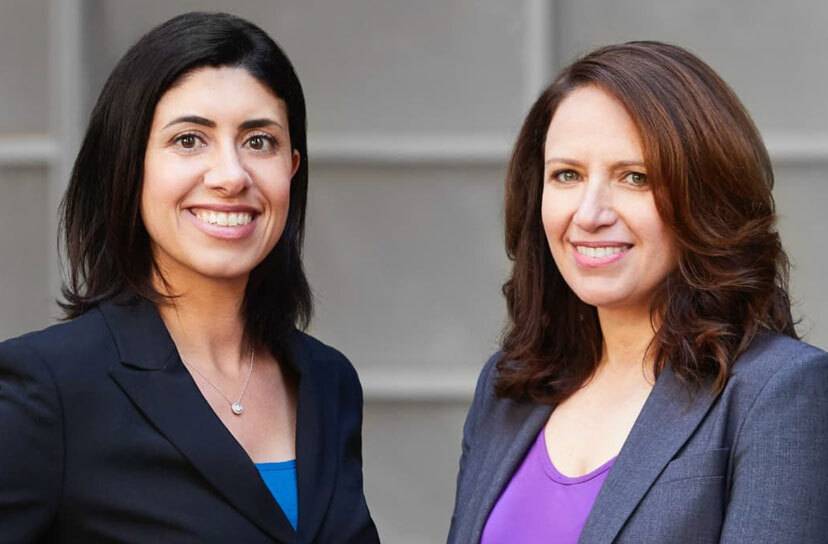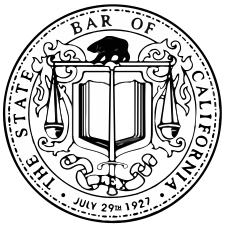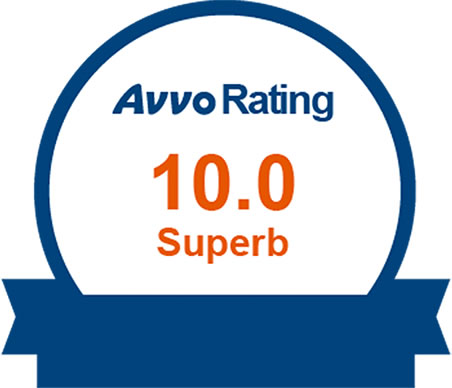At Moradi Saslaw, our attorneys recognize that child custody and parental visitation are the biggest concern for many clients. We help you create a custody and visitation plan best suited for your family and negotiate on your behalf to reach an agreed-upon plan.
In California, the court makes decisions on child custody and visitation based on what it believes is in the best interest of the child. The court takes into account a number of factors in making this decision. In addition to protecting the child’s health, safety and welfare, a custody arrangement must encourage frequent and continuing contact with both parents, unless there has been a history of child abuse or domestic violence.
Establishing parentage is often an essential part of the custody and visitation process, as well as child support and move-away cases. Parentage must be established (or confirmed) in order to petition for child custody and support. In the state of California, unmarried fathers can assert paternity by signing a voluntary declaration of paternity at birth and paternity can be established through a blood test.
In a custody order, the court will make a decision on both physical and legal custody. Physical custody refers to which parent the child is living with at any given time. Legal custody refers to the right to make decisions about the health, education, and welfare of the child.
Additionally, the court will make a decision on whether the parents have joint (shared) or sole custody. Child custody can be awarded in a number of ways:
Because of California’s interest in the welfare of minor children, the court always has jurisdiction to make or change custody orders, even after a divorce is finalized. In fact, changes to custody agreements are quite common as children become older and families change.
The decision to modify an existing custody order will depend on whether the previous order was a temporary order or a final order. If the previous custody order is a temporary order, the court will determine what would be in the best interest of the child. If the previous custody order is a final order, the court will determine whether there has been a sufficient change in circumstances that so affects the child that modification is necessary to the child’s welfare.
Such changes in circumstances include (but are by no means limited to):
Our attorneys are experts in handling custody and visitation cases, and work dedicatedly to ensure the best possible outcomes for you and your children.
We are skilled at assisting our clients as they attempt to establish or disprove parentage, both in the process of a divorce or between unmarried parents.
We use our knowledge of the law and expertise to assist you in coming up with the best possible custody arrangements for your children.
We create the right strategies to help ensure your rights as a parent.
We are a full-service family law firm with experience litigating and negotiating complex divorces and domestic partnership dissolutions in California since 2009.
Whether it’s a simple asset division, a basic custody agreement, or more intricate matters like dividing stock options, limited partnership interests, or a contested custody dispute, we develop creative strategies to meet every goal. Our premier divorce lawyers have a strong record of courtroom success and negotiated settlements.









The right legal assistance is crucial in navigating the tricky world of child support, and optimizing your chances of getting a court order that’s fair to all parties involved. If you are currently looking for experienced custody & visitation lawyers in the San Francisco Bay Area, call us at (415) 625-4587 or fill out our contact form to schedule a consultation.
"*" indicates required fields

We are a full-service family law firm with experience litigating and negotiating complex divorces and domestic partnership dissolutions in California.
"*" indicates required fields